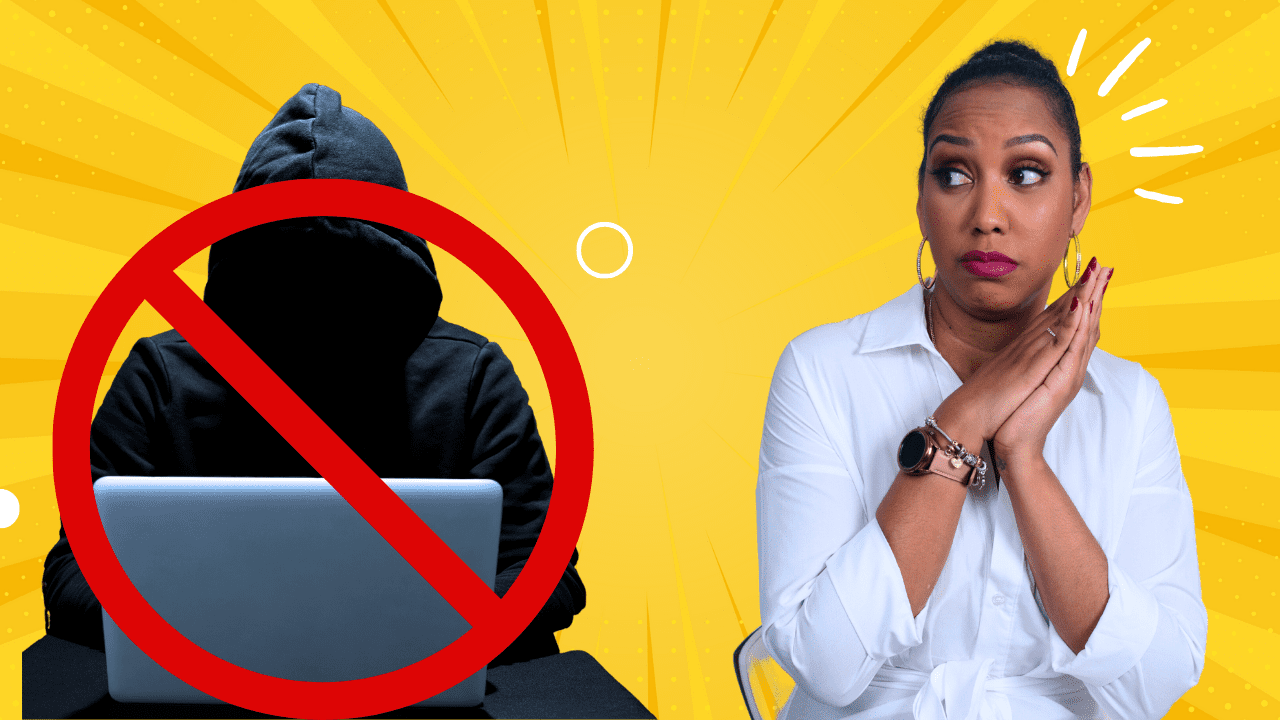
How to Keep Your Accounts Safe From Hackers
We spend a lot of time “getting the bag’’, but as I learned the hard way, we have to take extra steps to make sure the bag is actually secured!
As you guys know, my Facebook page was hacked in July. And despite having two-factor authentication and other precautions, hackers were still able to gain access and rack up a bill of almost two thousand US dollars on my Facebook ads account!
Of course, I disputed the charges and got my money back. Fortunately, I was also able to regain access to my Facebook account. But it wasn’t without a lot of pain and suffering in between.
Hackers are getting smarter, so we have to be smarter than them, especially if you use social media for your online business.
So here are a few tips.
Number one, always use different passwords for your accounts. And to take this one a bit further, consider using passphrases instead of words. So something like “let’s get this money’ and change out some of the letters with numbers and symbols. And that’s not my new password so don’t even try it! Just don’t make it something simple like- password123.
Also, consider a Virtual Private Network or VPN. Among other things, a VPN will encrypt your system, making it harder for hackers to access your computer or phone. As a bonus, most VPNs also include some kind of password vault or manager, so when you create all these new, complicated passwords or passphrases you can save them there, instead of writing them down on a million pieces of paper. Some VPNs even have dark web monitors that will search the internet to see if your information has been leaked anywhere.
Tip number three is to use an authenticator app as your second authenticator method. Like I said earlier, I had two-step authentication on my Facebook account, but hackers were still able to bypass that. I was using my email address as my second authentication method, but if the hackers also have access to your email, you’re screwed! And once they have your email, they can get in your Facebook account and change both the email address and phone number associated with your account, which is what they did to me. But if you use an authenticator app, I don’t see how they could bypass that one!
Fourthly, if you use social media for your business, like I do, it makes sense to get paid verification. A lot of people made fun of it when it first came out, but Facebook’s paid verification includes customer support in the event something like this does happen to you. They also promise to actively monitor and remove fake accounts. When you don’t have paid verification, Facebook makes it extremely difficult to recover your account. So I recommend that you spend that 14 dollars a month to secure your account, or run the risk of losing your entire social media customer base.
Number five – check with your bank to see what options they have for two-step authorisation, especially for purchases over a certain amount. Also, make sure you sign up for alerts from your institution. That way once a purchase is made, you’ll get an email or text or maybe even both.
And finally, stay away from public WIFI. Co-working spaces and working from cafes have become popular, but public WIFI is never completely safe. Anyone can access the network, including a hacker. It’s something to consider if you’re handling your finances on the devices that you’re connecting to public hotspots. And it really doesn’t matter if you’re checking your accounts while connected to public WIFI. Once a hacker has access to your systems, they can go anywhere and do anything. Again, having a VPN will help with this because it creates a secure connection while you’re connected to a public network.
Before I go, some honourable mentions – check your accounts regularly for any anomalies. You should at least have an idea of how much money should be there. This may be one of the easiest and earliest ways to pick up if your accounts have been compromised. Having alerts set up can also help with this, where you can flag any strange transactions before they go through.
Of course, never send your banking info through email or over text. Don’t click on any suspicious links. Don’t use point-of-sale machines at questionable locations. And don’t leave your bank cards lying around where someone could snatch it or take a picture.
And that’s the bottom line.
Subscribe to my newsletter for money news like this straight to your inbox. Click the link up here or in the description below. Let’s get this money!
Ask The Analysts
The Cast David Rose Business Writer, Observer Leovaughni Dillion Investment Research & Sovereign Risk Analyst at JMMB Group
R.A. Williams to list on JSE
The Cast Audley Reid CEO R.A. Williams Distributors Julian Morrison Founder, Wealth Watch JA


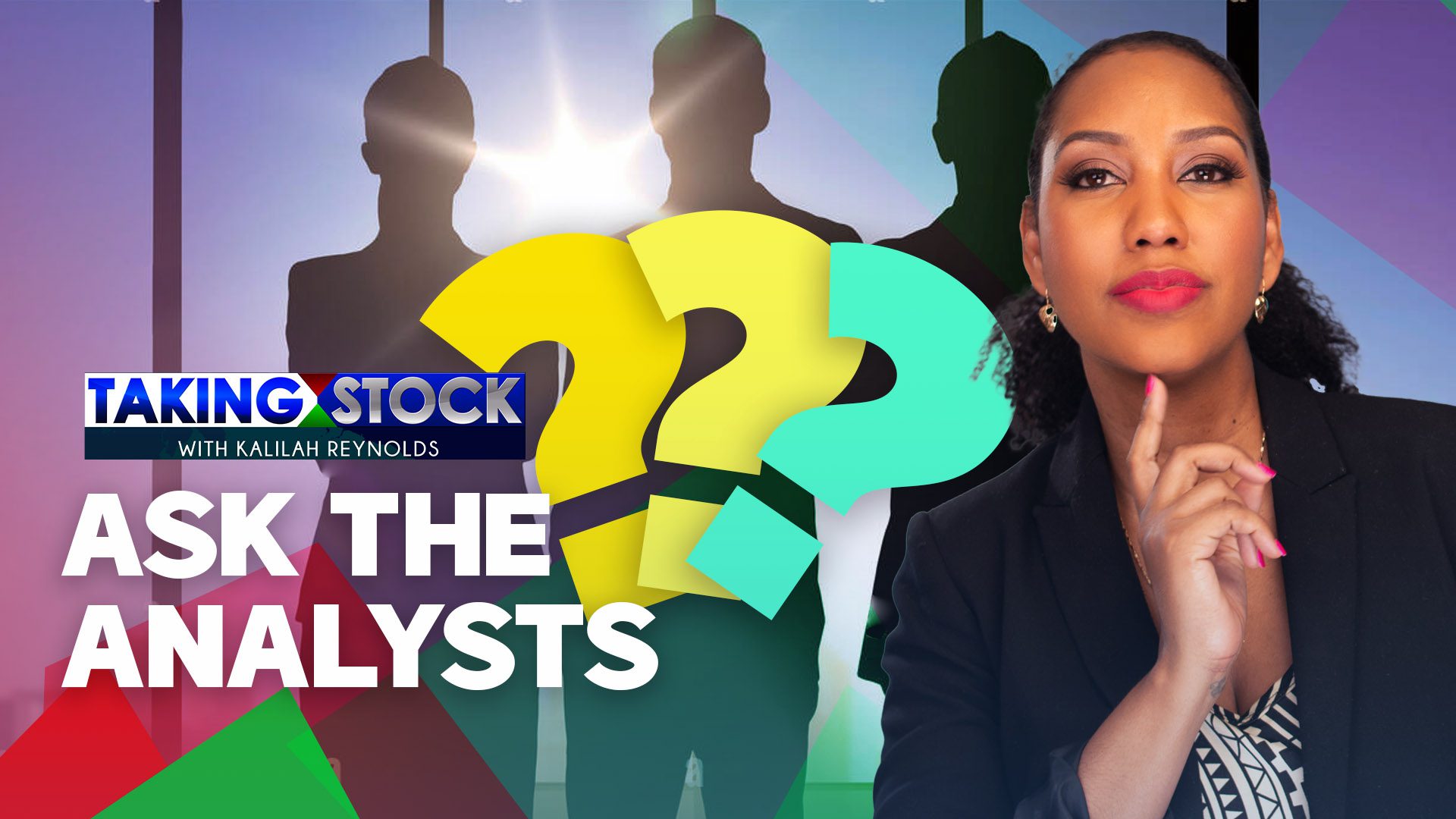
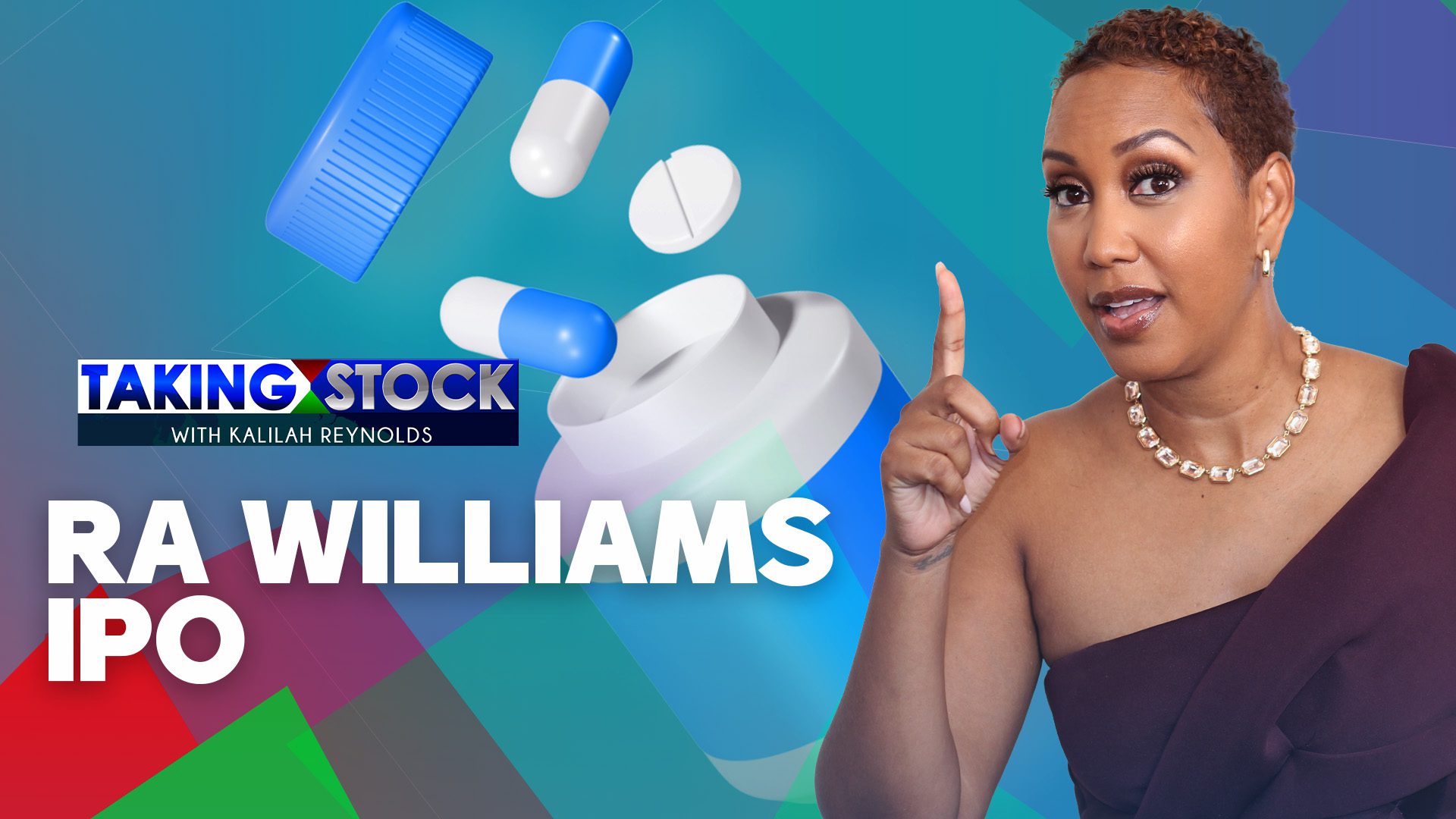





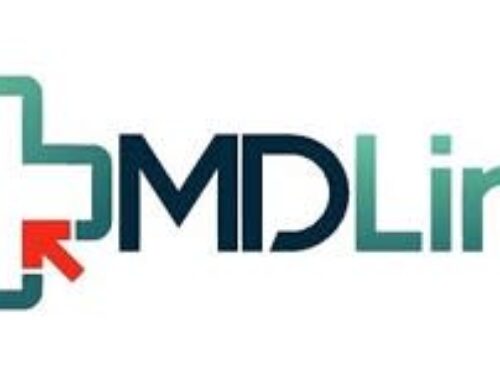
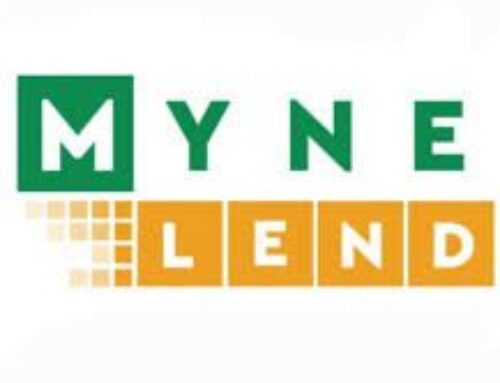
Leave A Comment